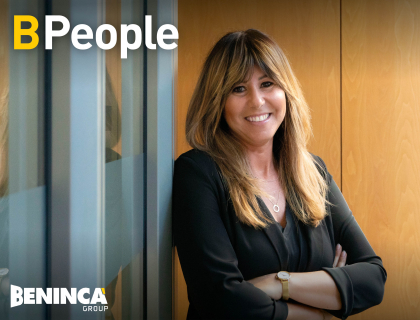In a world of work in constant evolution and updating, being able to emerge with only professional experiences is no longer enough.
Soft skills and hard skills play an increasingly crucial role not only in compiling the curriculum vitae, but above all in the selection phase. Hard skills are the set of technical skills necessary to be considered suitable for a certain job position. They can include language, computer and programming skills and can be demonstrated by showing a qualification or certificate certifying their validity; they are generally learned during the course of studies or during a previous work experience and are a prerequisite almost taken for granted. Soft skills, or transversal skills, are instead a set of generic skills and competences that do not fall within the technical field, but are of a personal nature and are acquired with experience and not only through the course of study or work as it happens. for hard skills. They concern subjective, relational and behavioral skills such as the ability to create good relationships, the ability to communicate effectively, the ability to work in a team, the ability to think critically and to analyze, creativity, originality, initiative, flexibility, stress tolerance, problem solving. In today's job market, in constant evolution, soft skills have a specific decisive weight in the choice of the candidate because they tell what his values are, what is his way of relating with others and what is his attitude in general towards people and life and work situations. In a company like ours, where the family matrix is still the founding element, having soft skills in line with corporate values such as respect, collaboration and proactivity becomes a fundamental and essential condition for becoming part of the Benincà Group.
Chiara Truffini - Human Resources Management and Administration
